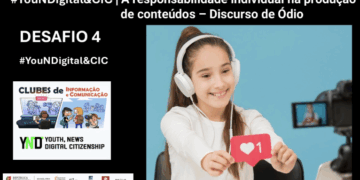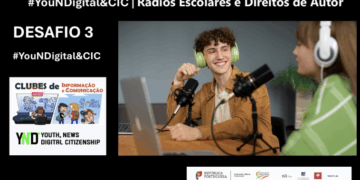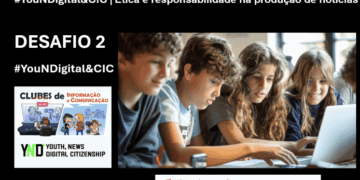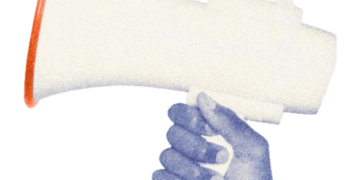Imagine a jellyfish: on the seafront, in a pleasant place, transparent in appearance, harmless and often in an inert position. The sting releases poisonous filaments, creating situations of panic and despair. At the same time as they spread at great speed, without us being aware of how they work, we try to reverse the consequences of the spread of their toxins. This example presented here, although merely illustrative, is the starting point for a more complex and urgent reflection: the (re)configurations to which the media ecosystem has been subjected, making it an attractive and accessible space for the instantaneous dissemination of information, has brought renewed forms of participation, expression and connection at a global level. At the same time, these reveal a growing influx of disinformation, polarisation and extremism. In the logic that those who know best can defend themselves best, literacy, journalism and critical thinking have emerged as a tool for prevention and empowerment, encouraging the exercise of enlightened and participatory citizenship, whether as a starting or ending point. Questioning is the path to knowledge and allows us to identify dangers and know how to act when faced with them. It’s this attitude that makes the difference when we find a jellyfish standing by the sea.
This challenge from the YouNDigital newsroom seeks to promote reflections on the importance of media education and journalism. Have you got the jellyfish antidote yet? Take advantage of writing about this topic.
We’re counting on you! Send your contribution by 30 September. And remember: YouNDigital can contain news with sounds, videos and other images, hyperlinks and text. Explore your creativity!
Now you can go to our homepage and start publish here.






